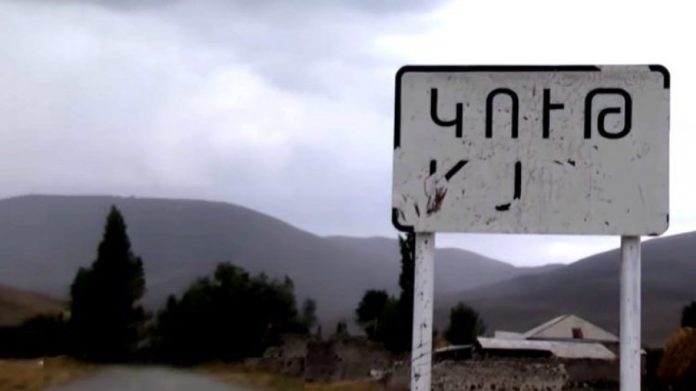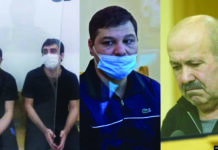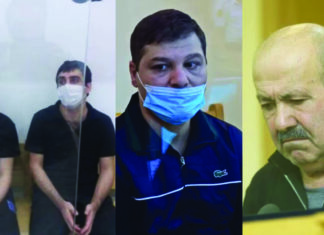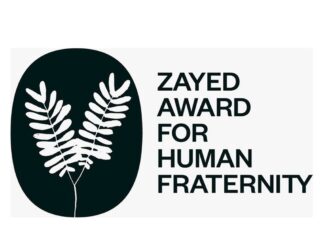KUT, Armenia — Kut village of the Vardenis enlarged community region in Gegharkunik Province is one of a number of border settlements of the Republic of Armenia today subject to aggressive Azerbaijani actions, which began after 2020. Consequently, living conditions for the villagers of Kut have become very difficult.
Approximately 50-60 people live here at present but there were around 100 up to 2020. The village in the Soviet period was primarily composed of ethnic Azeris, who fled in the era of the dissolution of the Soviet Union to the Republic of Azerbaijan. In their stead, Armenians forcibly displaced from northern Artsakh from 1988 to 1991 were settled.
The main occupations of the Kut villagers are farming and animal husbandry, which became very difficult after the 2020 44-day war. In certain places these also became dangerous, because Azerbaijan in 2021 invaded the administrative area of the village and deployed military positions there, from which shooting took place regularly.
The village only requires one shepherd to take care of all their cattle. In June 2021, Azerbaijani soldiers stole eighty head of cattle from the shepherd of the villagers at gunpoint. Those cattle belonged to five families of the village. One cow is worth approximately 400,000 dram (roughly $1,000). The former head of the village, Kima Chitchyan says that people have not received substantial compensation until now. They only received a small amount of aid from the provincial governor of Gegharkunik. The amount various from person to person based on the animals they owned, but so far no one is willing to reveal the details.
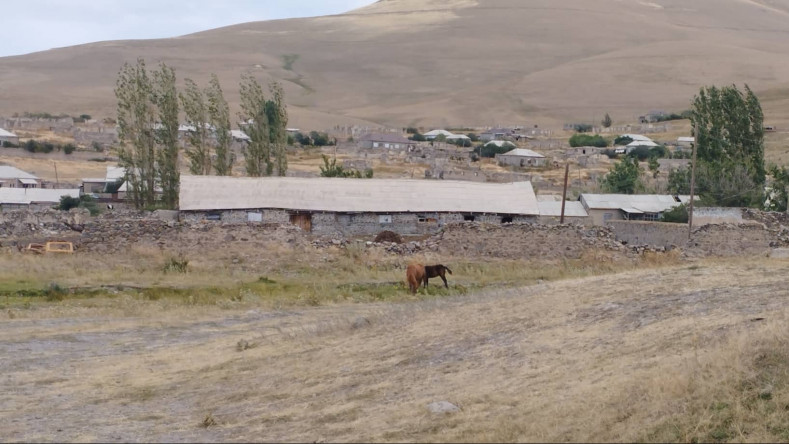
Chitchyan states: “The governor said that compensation should be given through the decision of the prime minister [Nikol Pashinyan]. The prime minister is well aware of the incident, but until now there has been no compensation. Until the 2021 Azerbaijani invasion, Kut was the village with the most pastures in the Vardenis sub-region [and] people lived safely, but now those pastures are gone. Everything has turned upside down. When the lands came under the control of the enemy, many sold their livestock and began to endure [the situation], keeping very few animals. Imagine that these cattle often graze in pastures close to houses today. At one time, they used to buy fodder from our village. Now our villagers buy it from somewhere else.”
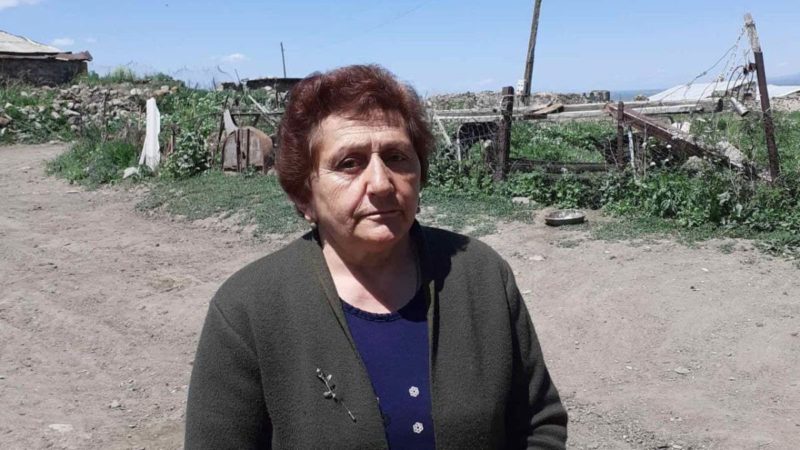
Chitchyan relates that under these circumstances, even finding a shepherd for the village is difficult now. No one agrees to put himself in danger and graze cattle in front of the view of the Azerbaijanis, since every minute he could become a victim of their aggression.



